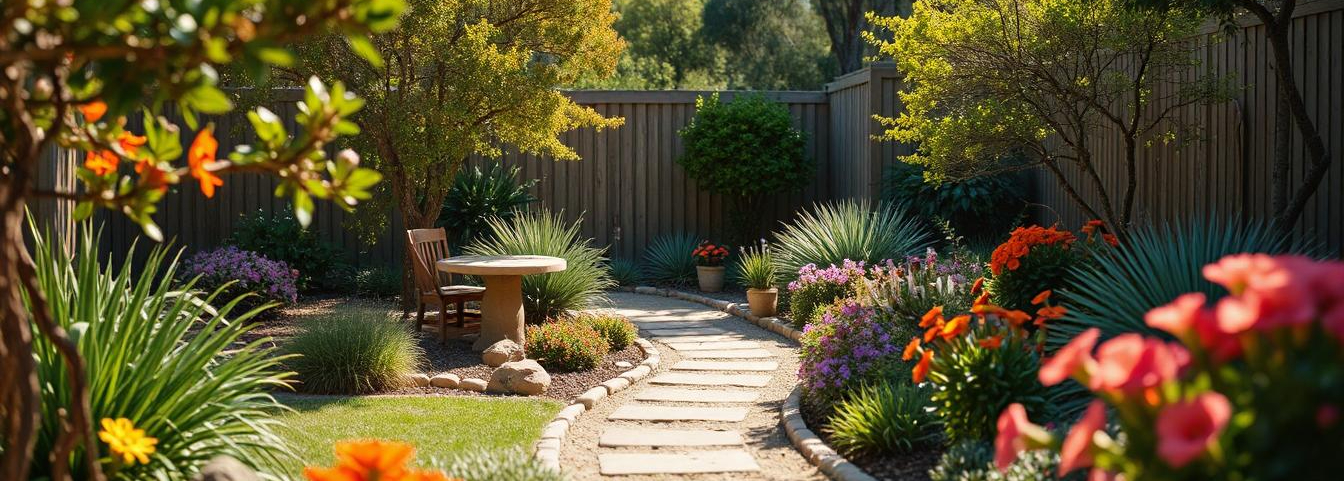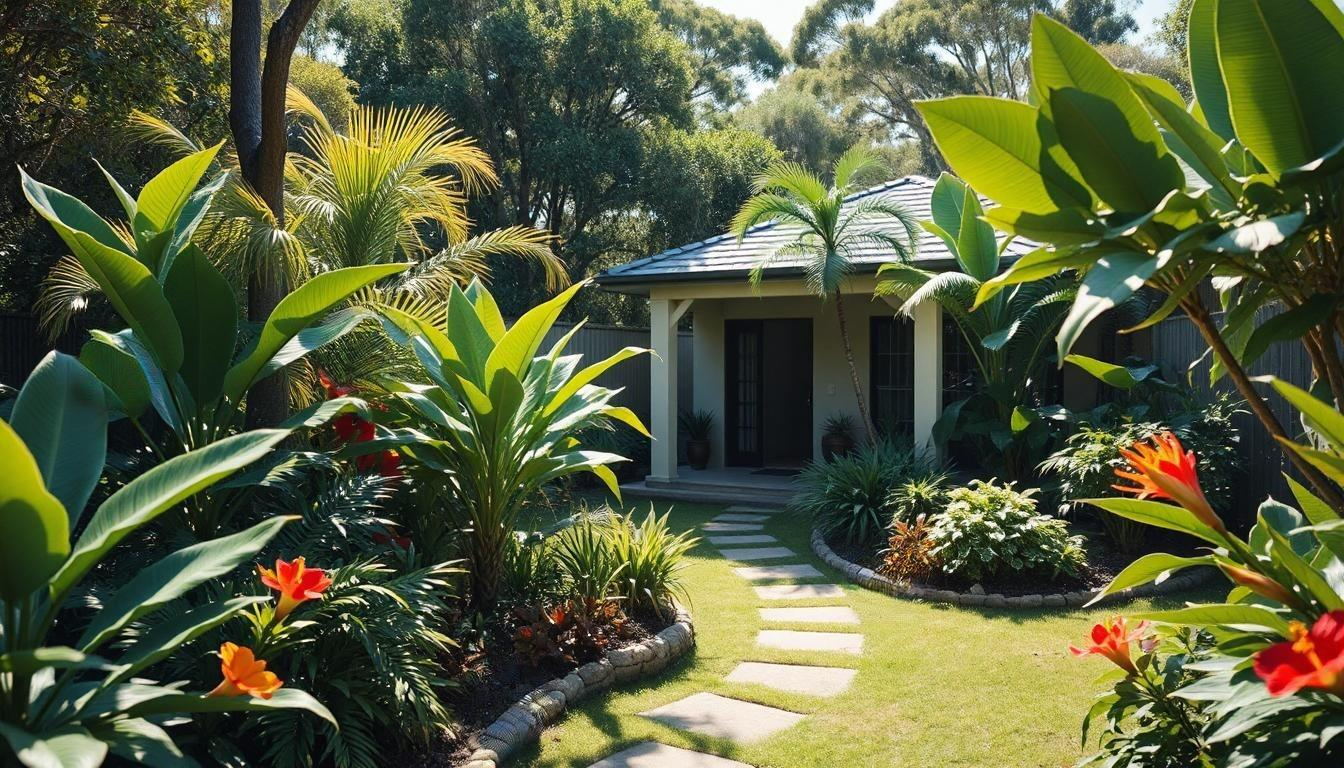Gardening in Perth’s Sandy Soils: Tips and Tricks
Perth’s sandy soils can make gardening challenging, but with the right techniques, you can grow lush lawns, productive vegetables, and healthy plants. Learn how to improve soil, choose suitable plants, and create a thriving garden in Perth with these expert tips.

If you live in Perth, you know the soil here is very different from the rich, dark earth found elsewhere.
Most backyards have sandy soil that drains water quickly, struggles to hold nutrients, and can make gardening challenging. Plants may dry out faster, lawns can look patchy, and vegetables might fail without extra care.
The good news is sandy soils can thrive with the right approach. Adding organic matter, using soil conditioners, and selecting suitable plants can improve your soil dramatically. Perth’s hot, dry summers and mild, wet winters actually work in your favour once the soil is improved.
Here are 7 essential tips for gardening in Perth’s sandy soils:
1. Add Organic Matter Often
Sandy soil lacks natural organic matter, which is why it dries out fast. Mix in compost, aged manure, seaweed, or leaf litter to improve soil structure. Organic matter acts like a sponge, holding water and slowly releasing nutrients. Dig in a few buckets per square metre and top up every season.
2. Use Clay or Soil Conditioners
Mixing clay like bentonite or kaolin into sandy soil slows drainage and helps retain nutrients. Just a few handfuls per planting hole can transform soil structure. Some soil conditioners also add essential minerals to maintain healthy soil balance.
3. Try Wetting Agents
Sandy soil can become “hydrophobic,” repelling water. Wetting agents break down the waxy coating on sand particles, helping water soak in. Apply liquid wetting agents in spring and summer and reapply every couple of months to maintain moisture.
4. Mulch Your Garden
Mulch is essential in Perth. Adding bark chips, straw, or lupin mulch protects soil from the sun, reduces evaporation, and suppresses weeds. Apply 5–10 cm thick, keeping mulch a few centimetres from plant stems. Over time, organic mulch adds nutrients to the soil.
5. Choose Plants That Like Sandy Soil
Work with your soil, not against it. Native Australian plants like grevilleas, kangaroo paws, and banksias thrive in sandy soils. Mediterranean plants such as lavender, rosemary, and olives also do well in Perth’s climate. Choosing the right plants reduces watering and fertiliser needs.
6. Water Deeply But Less Often
Shallow watering doesn’t reach roots in sandy soil. Water deeply to moisten at least 30 cm of soil, then wait until the top layer dries before watering again. This encourages stronger roots and more drought-resistant plants.
7. Test Your Soil
Sandy soils vary. A soil test can identify missing nutrients like nitrogen, potassium, and trace elements. Add slow-release fertilisers, rock minerals, or trace element mixes as needed. Test yearly to keep your garden healthy and thriving.
Transform Your Sandy Soil Garden with Zones AU
Zones Landscaping AU makes it easy to turn Perth’s sandy soil into a lush, productive garden. Our team can improve soil, design water-wise landscapes, choose suitable plants, and create low-maintenance gardens that last.
Stop struggling with dry lawns or patchy gardens. Contact Zones AU today and let us transform your backyard into a thriving oasis in Perth’s sandy soil.
Read Next
All Zones Landscaping franchises are independently owned and operated.
Processing...
Reno now,
pay later.
Talk to us about finance options

Are you ready to discuss your ideas?
Please fill out your details in the online form provided and we’ll get back to you within 48 hours to arrange a free, no obligation consultation.


%5B1%5D.jpg)

.jpg)
